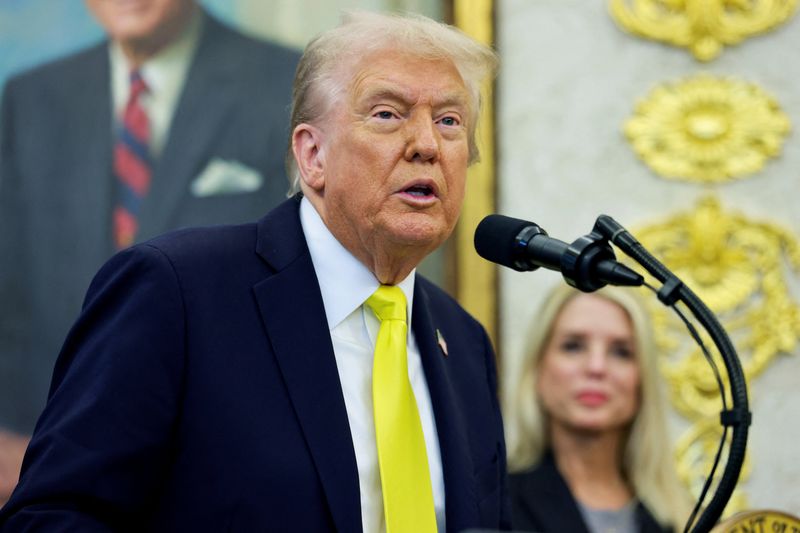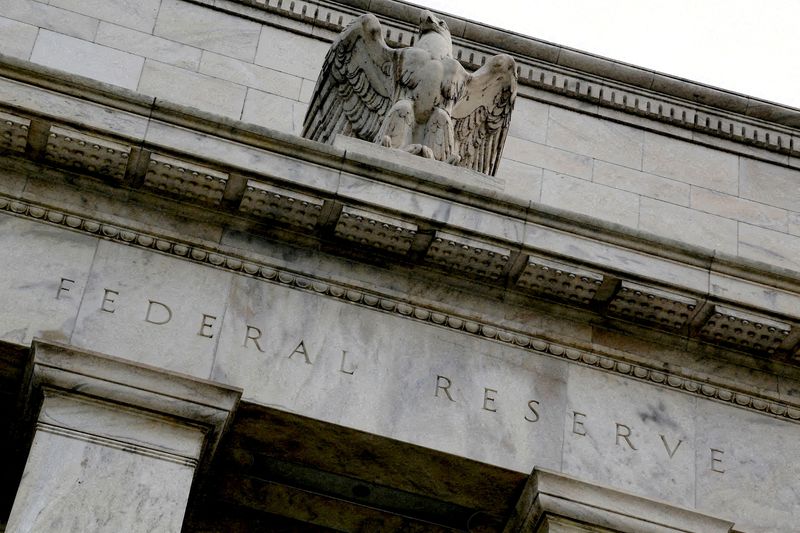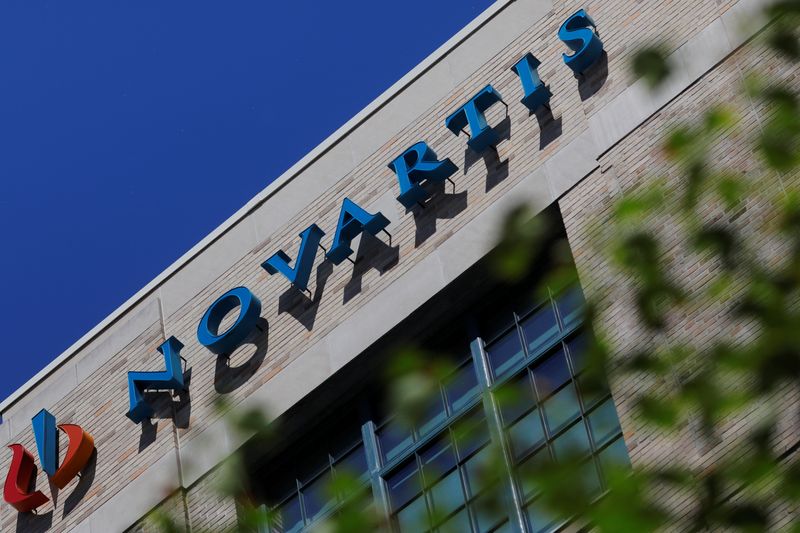Saudi Banks Signal a Pullback in Lending After Years of Growth
NegativeFinancial Markets

Saudi Arabian banks are indicating a significant shift as they begin to pull back on lending for the first time in years. This change comes amid tightening liquidity and new regulations that complicate their ability to meet the growing demand for credit. This is important because it could signal a slowdown in economic activity, affecting businesses and consumers alike who rely on loans for growth and spending.
— Curated by the World Pulse Now AI Editorial System












